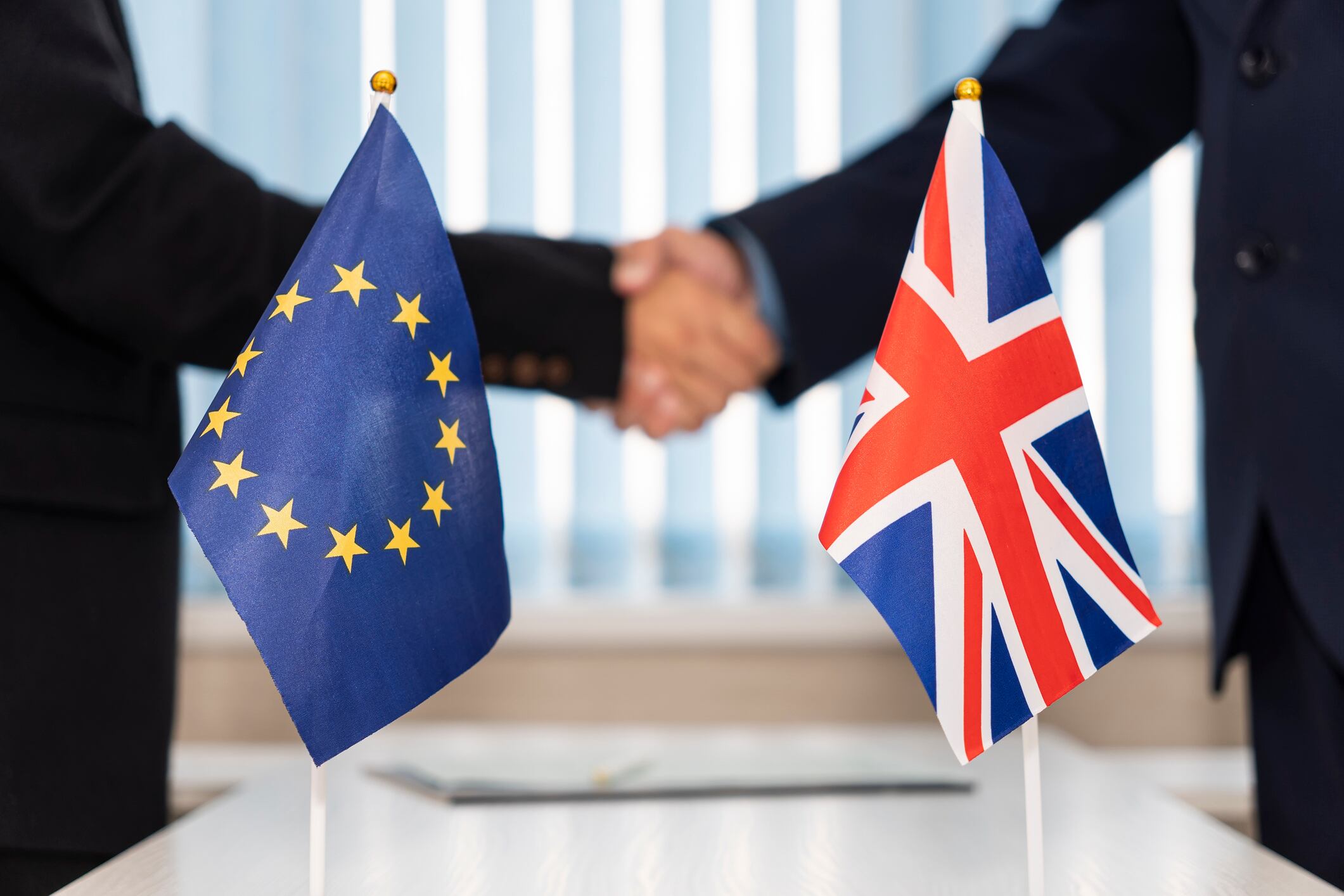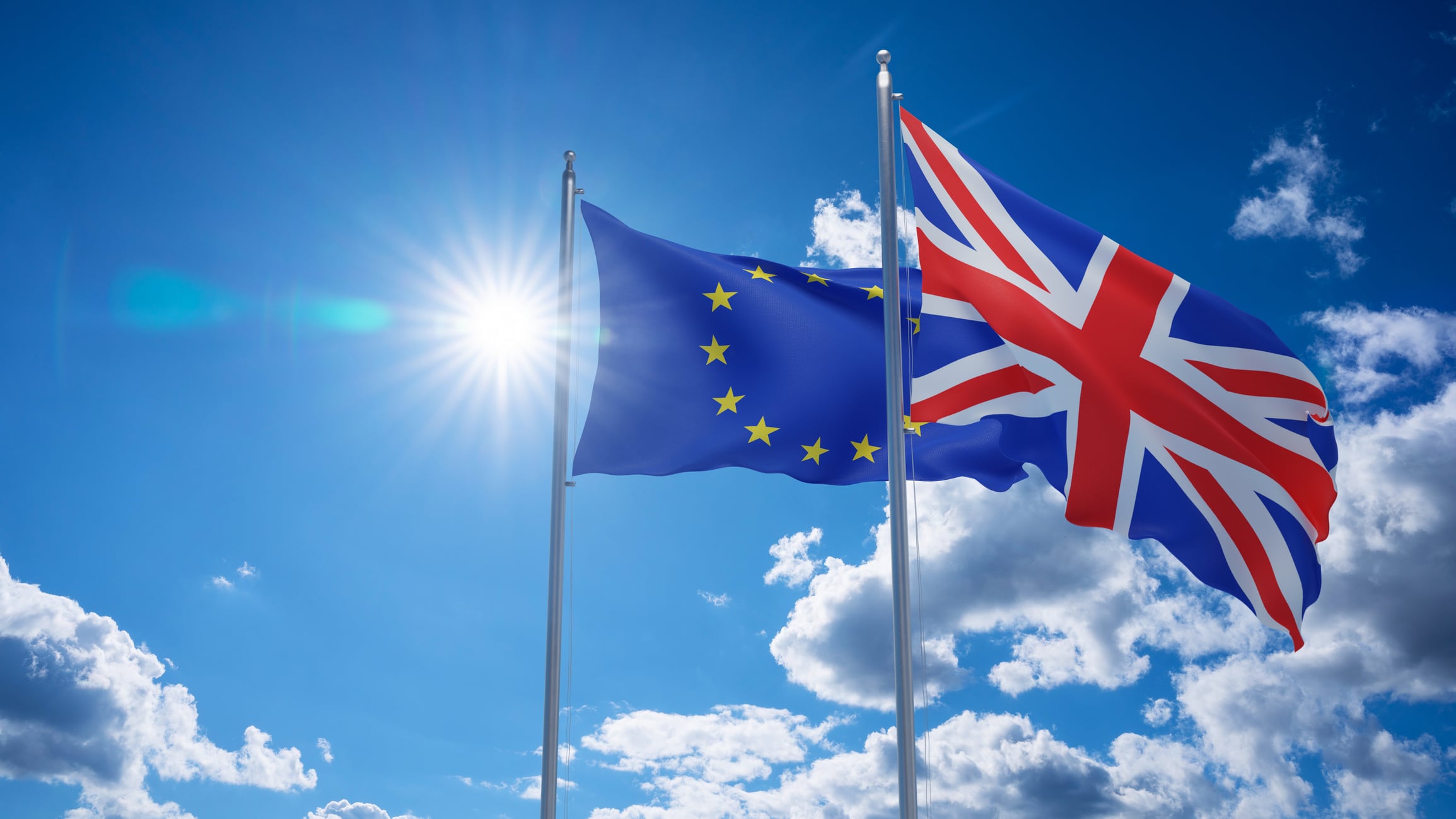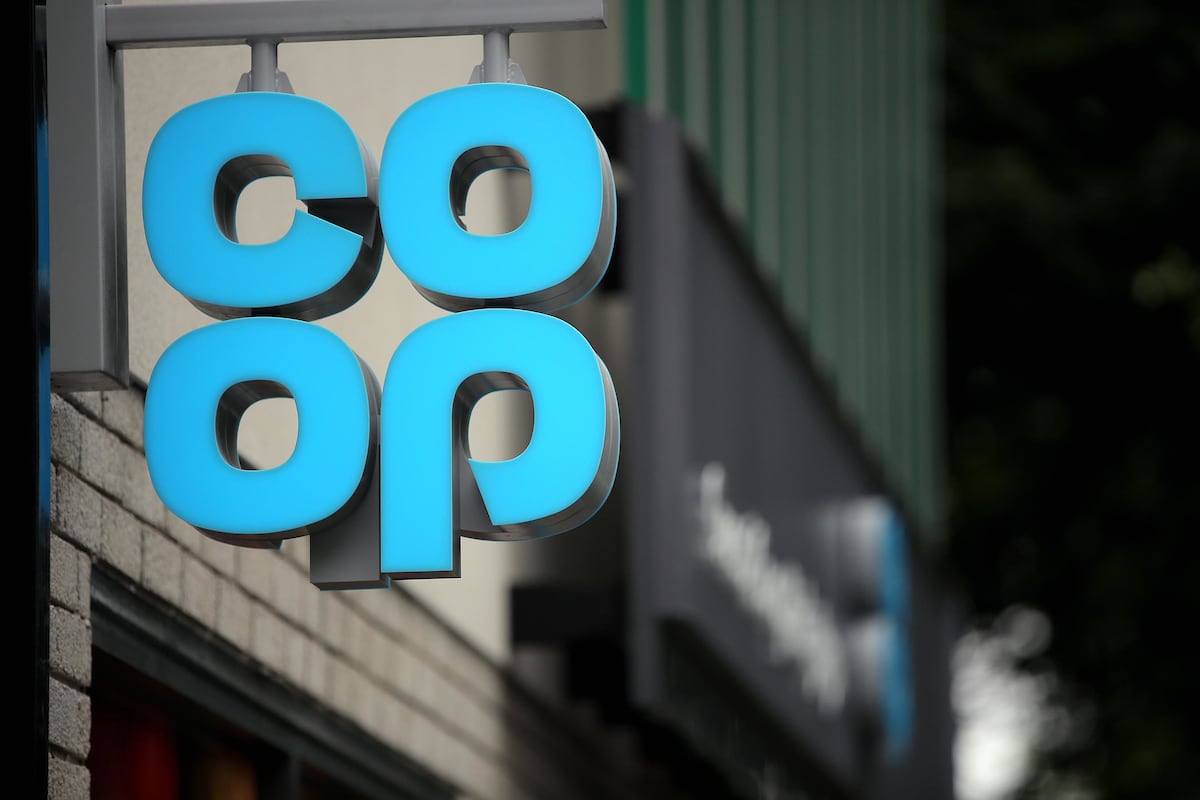The UK and EU have struck a landmark trade agreement that promises to reshape the landscape for food and beverage businesses across the UK in their dealings with the EU.
The deal is billed as an “historic turning of the page”, aiming to reduce red tape and ease cross-border trade.
The deal gives plenty of reason for optimism in the food and beverage industry, particularly from an investment and sector growth perspective, where global uncertainty and a cost-of-living crisis has led to erratic investment activity in the sector since Brexit.
The deal at a glance
One of the most significant advantages of the new agreement is the removal of routine checks on animal and plant products, allowing goods to flow more freely between the UK and EU.
Since Brexit, food and beverage traders have faced lengthy export procedures and bureaucratic hurdles, leading to delays and increased costs. The new deal eliminates many of these barriers, making it easier for businesses to import and export products without excessive paperwork or logistical bottlenecks.
The agreement is also expected to lower food prices and increase consumer choice on supermarket shelves, benefiting both businesses and consumers alike. All of this will be welcome news for food and beverage businesses and their customers, in the face of unexpected rises in inflation from 2.6% to 3.5% reported earlier this month by the Office for National Statistics.
The investment landscape to date
Since Brexit, the investment landscape for food and beverage businesses in the UK has been erratic. Announced corporate acquisition volumes in the food and beverage sector have fallen consistently since the second half of 2019, with the first half of 2020 seeing a marked decline in mergers and acquisitions, and the second half of 2022 seeing a 10-year low for transaction volumes in the food and beverage sector.
Announced private equity investment in the sector initially held firm post-Brexit, but has since seen similar declines, in particular since the Truss budget in the second half of 2022.
Reasons to be optimistic for growth
The UK government estimates that the trade deal will add nearly £9 billion to the UK economy by 2040.
The agreement also ensures that UK food and beverage exports, including products such as burgers and sausages, can be sold more easily in the EU. This is a crucial development for British manufacturers who have seen exports to the EU from the UK declining by a reported 21% since the UK’s departure from the EU.
Critically for investors, the UK-EU trade deal is long-term in nature. Unlike previous temporary arrangements, this agreement provides lasting certainty for businesses, allowing them to plan for the future with confidence. Industry leaders have welcomed the deal, emphasising its potential to enhance competitiveness and drive growth.
Long-term export rules allow investors to plan investments in businesses in the food and beverage market with certainty. Simplified export rules and greater access to the huge market for food and beverage products within the EU will give investors in the sector far greater confidence in the reliability of future revenues.
This agreement therefore signals a new era of cooperation between the UK and EU – one that prioritises economic growth, business sustainability, and consumer welfare. For food and beverage businesses and investors in the sector, there is now also a real opportunity to expand their reach, strengthen their operations, and contribute to a thriving trade environment in the years ahead.



